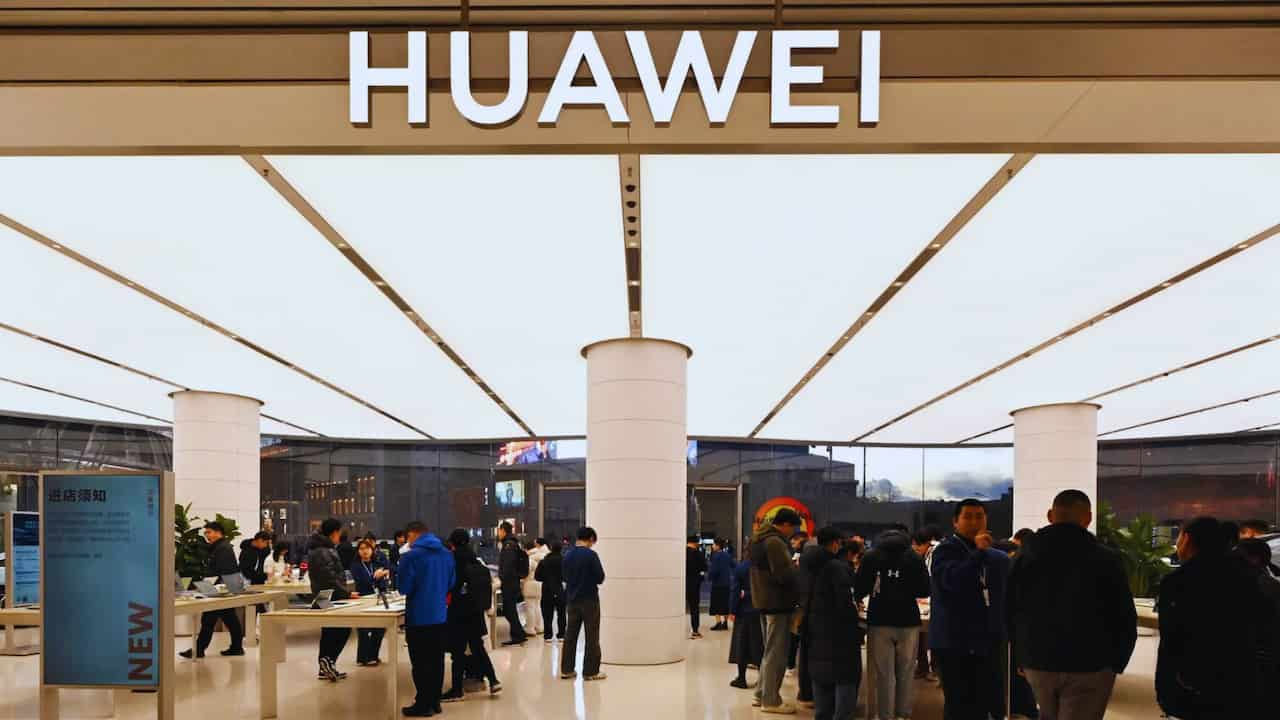US to Tighten Chip Restrictions on China, But Less Severely Than Expected
The Biden administration is set to announce new measures to limit China’s access to cutting-edge semiconductor technology, but the restrictions may be less severe than initially anticipated. This development has sent ripples through the global chip industry, with shares of key equipment suppliers jumping on the news.
Expected Announcement
The US government is expected to unveil a new set of controls on Monday to slow China’s ability to develop advanced artificial intelligence (AI) systems. These measures restrict China’s access to high-end chips and chip-making equipment, which is crucial for building large and powerful AI models.
Potential Measures
The new restrictions could include:
- Sanctioning dozens of Chinese companies that produce semiconductor manufacturing equipment
- Placing restrictions on several chip manufacturing plants, some with ties to Huawei
- Adding fewer Chinese suppliers to the US export blocklist (Entity List) than previously proposed
Notably, ChangXin Memory Technologies (CXMT), a major Chinese memory chip manufacturer, is expected to be excluded from the new restrictions. If confirmed, this decision could significantly impact the global semiconductor landscape.
Market Reaction
The news of potentially less severe restrictions has caused a surge in the stock prices of key global semiconductor equipment firms:
- ASML, the Dutch company critical to the chip supply chain, saw its shares rise by 4.3%
- Tokyo Electron in Japan experienced a jump of over 6%
- Other European chip equipment makers like BE Semiconductor and ASM International also saw significant gains
Impact on ASML
ASML, which produces essential machines for chipmakers, has been caught in the crossfire of the US-China tech rivalry. The company had previously guided towards a 30% decline in its revenue from China next year.
However, with the potential exclusion of CXMT from restrictions, analysts at Jefferies suggest that ASML’s sales in China might “decline by less than expected next year.”
Broader Implications
These developments highlight the delicate balance the US is trying to strike between national security concerns and maintaining a healthy global semiconductor industry. The restrictions are expected to target Chinese firms making semiconductor manufacturing equipment rather than factories producing the chips.
What’s Next
The US Commerce Department’s Bureau of Industry will issue new guidance after Thanksgiving. While the timing and contents of the decision are uncertain, the semiconductor industry and global markets are closely watching for the official announcement.
As this situation continues to evolve, it’s clear that the global chip industry remains a crucial battleground in the ongoing technological competition between the US and China. The final form of these restrictions could have far-reaching implications for the future of AI development, global supply chains, and international trade relations.
